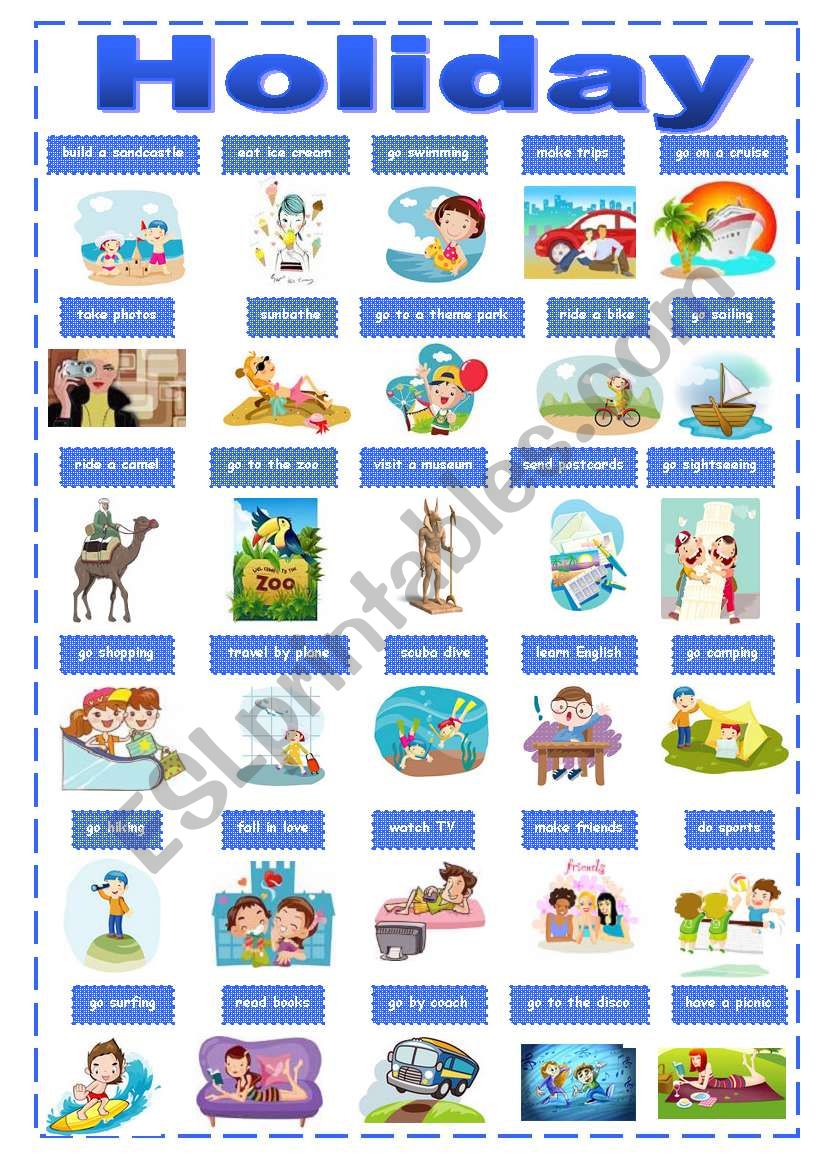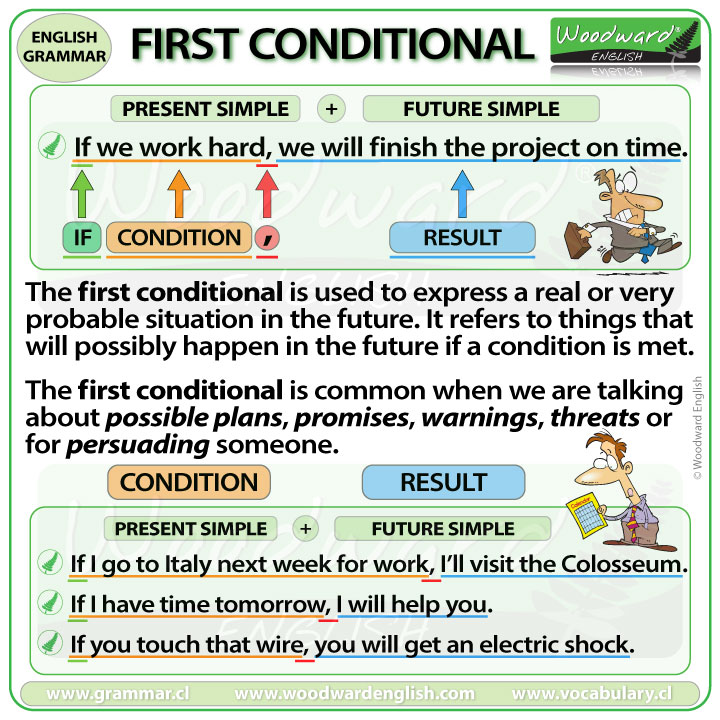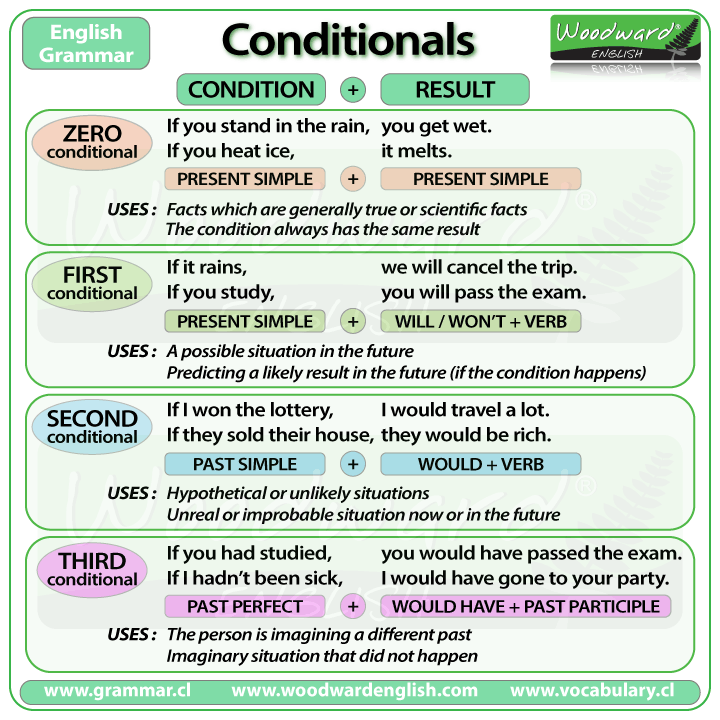Past Simple vs past continuous introductory video
Past continuous vs past simple online exercise
https://www.perfect-english-grammar.com/past-simple-past-continuous-exercise-1.html
The Photographers' Gallery in London video
How to write an article
WHAT IS AN ARTICLE?
An article is a text that expresses your opinion and knowledge about something. It should be an entertaining text that gets the readers attention and informs them.
THE STRUCTURE OF AN ARTICLE IS SIMPLE:
- Title
- Introduction
- Description (develop your idea)
- Recommendation and ending
WHAT DO YOU NEED TO DO?
The 2020 version of the B1 Preliminary involves writing two texts of 100 words. You need to write an email, and then either an article or a stroy. You have the choice between the two, do not write both of them. For more information on how to write an article, see this post.
The examiners are looking at the following criteria:
- Content
All of the content in the writing should be aimed at answering the question. It should be easy to understand and also take into account who is reading it. E.g. if it is a letter to a friends, it must be informal and familiar.
- Organisation
The organisation aspect of the evaluation refers to how clearly you present your ideas. If it is a letter, it must resemble a letter. You need to do it with paragraphs, the paragraphs must not be too short and they need to be set into separate topics. If you write a story it can be all in one paragraph but it needs to include a beginning, middle and end.
- Language
This part of the assessment focuses on the use of vocabulary and grammar. You need to show flexibility in their use and also include cohesive devices (X5) such as because, as, but, however, for example, like, and, in addition etc. To get a good grade in this part your grammar and vocabulary need to be accurate, appropriate and easy to understand.
- Communicative achievement
They are looking at communication of ideas; it must be clear, relevant to the question and the target reader, use good simple language with some complex grammar.
For some simple ideas on how to improve your writing, see 5 Simple Ways to Improve your Written English
Structure of an article:
Separate each part into a separate paragraph.
Beginning:
Engage the reader and make them want to read more, you can begin with a question or a general opinion
Middle:
State your main points and relate them to personal experiences and opinions
Ending:
Summarize your main points but make an overall point to make the reader think they have learned something from reading the article
Suggested grammar structures:
Impersonal passive: It is said that HBO makes the best movies in the world.
Modal verbs: It might be a good idea to take your time.
Conditionals: If I were you, I would watch it at the cinema.
Relative clauses: I know someone who lives in that area.
Wish: I wish I could eat chocolate every day.
Useful language: Use these key phrases to answer the questions in the task
Involving the reader
- Have you ever thought about…?
- How would you feel if …?
- What would you think of…?
- Are you one of those people who …?
- If the answer is …, you should….
- What do you reckon to …?
- What would live be like if…
- Just think for a moment…
- Just imagine…
Try to use extreme adjectives instead of intensifiers
- Very good = awesome, excellent, fantastic
- Very bad = awful, terrible, disturbing
Making the article lively and interesting (use adverbs)
- importantly
- surprisingly
- worryingly
- the most amazing
- absolutely
- suddenly
- amazingly
- fantastically
- frighteningly
Developing your points
- Another advantage of …
- On top of all that…
- What is more, …
- Above all,,,
- The reason I think this is…
- The reason I feel this way is…
- On top of that, …
- Let’s start with …
Giving your own opinion
- In my opinion, …
- In my eyes, …
- To my mind, …
- As far as I am concerned, …
- Speaking personally, …
- From my point of view, …
- As for me / As to me, …
- My view / opinion / belief / impression / conviction is that …
- I hold the view that …
- I would say that …
- It seems to me that …
- I am of the opinion that …
- My impression is that …
- I am under the impression that …
- It is my impression that …
- I have the feeling that …
- My own feeling on the subject is that …
- I have no doubt that …
- I am sure / I am certain that …
- I think / consider / find / feel / believe / suppose / presume / assume / reckon that …
- I hold the opinion that …
- I dare say that …
- I guess that …
- I bet that ….
- I gather that …
- It goes without saying that …
Justifying opinions
To begin, you can use these basic (B1) phrases to justify an opinion in English:
- because…
- the reason is…
- the reason I believe that is…
- the facts suggest…
- the evidence shows…
- taking into account what I have seen…
Making recommendations and suggestions:
- It would be a good idea to…
- Wouldn’t it be better to…?
- Why don’t we…?
- What about… ?
- How about… ?
- Shouldn’t we… ?
- Let’s consider…
- Why not… ?
Exercises on page 68















